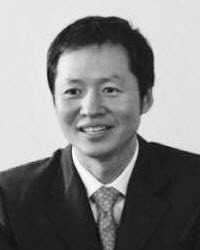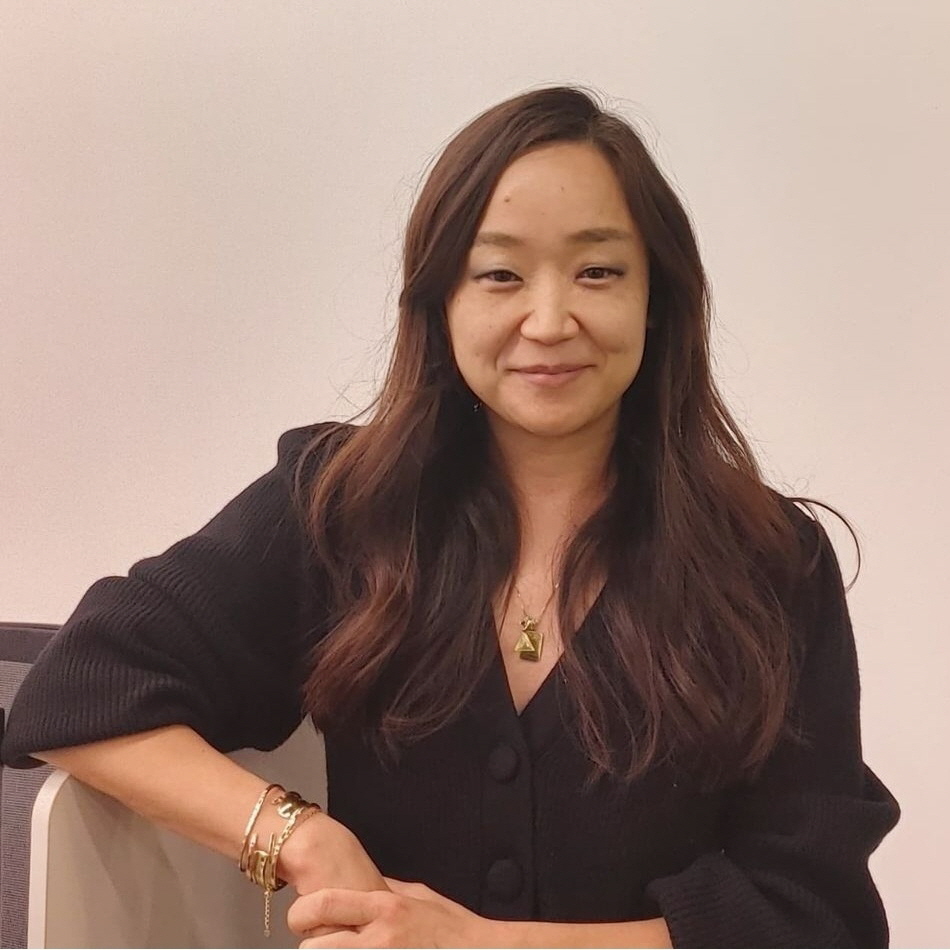[Management in Korea] It’s lonely at the top: Personal journey of CEO
By Lee Joo-heePublished : June 3, 2018 - 16:30
Management in Korea is a regular column written by the members of Egon Zehnder Seoul, touching on various aspects of Korean enterprises and business leaders and offering management tips. -- Ed.
Being named CEO is a goal sought by many but obtained by few. Both in the public eye and within the executive suite, it is thought of as the end of a long career path. But the fact is that it is only the beginning of a new and more challenging stage.
Even for executives who have been carefully groomed for the role, being CEO is unlike any experience they have ever had before. This is even more so today, when new business models and technologies are forcing CEOs to lead in conditions dramatically different than the ones they trained for when coming up the ranks.
To help better understand the personal experience of being CEO, Egon Zehnder recently surveyed more than 400 large-company CEOs from around the world about the human side of being at the top of an organization. While no Korean CEOs were included in this survey, we hope to include them in future surveys.
What we found were leaders who, while confident in their abilities, were deeply humbled by the responsibilities they had been given.
Being named CEO is a goal sought by many but obtained by few. Both in the public eye and within the executive suite, it is thought of as the end of a long career path. But the fact is that it is only the beginning of a new and more challenging stage.
Even for executives who have been carefully groomed for the role, being CEO is unlike any experience they have ever had before. This is even more so today, when new business models and technologies are forcing CEOs to lead in conditions dramatically different than the ones they trained for when coming up the ranks.
To help better understand the personal experience of being CEO, Egon Zehnder recently surveyed more than 400 large-company CEOs from around the world about the human side of being at the top of an organization. While no Korean CEOs were included in this survey, we hope to include them in future surveys.
What we found were leaders who, while confident in their abilities, were deeply humbled by the responsibilities they had been given.


The CEOs we surveyed viewed their transition into the role as a time of intense personal reflection. As one CEO we spoke with commented, “This job demands more patience than what I expected. … I think one has to go through a maturity cycle.”
We learned that CEOs often felt very isolated, with few places to look for honest feedback. Only 51 percent of CEOs said they could turn to their senior leadership team, for example, and even fewer said they had a trusted lieutenant (41 percent) or mentor (25 percent).
Many aspects of the job -- such as driving cultural change, developing the senior leadership team and balancing short-term and long-term financial goals -- turn out to be more difficult than anticipated. And only a third felt that they had been fully prepared for the role.
One reason might be that there is a great deal of room for improvement in succession planning: 38 percent of respondents said that their succession experience was less than good, with 19 percent rating it as poor -- a significant percentage, given how much is at stake.
From our perspective advising Korean boards and CEOs on leadership issues, these findings carry special meaning.
We have often commented that Korean companies should establish more open and honest communication in the boardroom and the C-suite and that doing so is necessary for companies to stay relevant and competitive in an economy increasingly driven by innovation and agility.
And we have said that boards need a more professionalized and deliberate succession process to better prepare the CEO and align his or her competencies and qualities with the company’s strategic challenges.
But at least when viewed from the experience of the CEO, it doesn’t seem that other developed nations are doing that much better. One of our survey respondents commented that once you become CEO, “no one is honest anymore” and “there are very few people you can fully trust.” Many Korean CEOs could say the same thing.
But there is one important distinction: CEOs elsewhere are vocal in their desire for change. They complain about being in a bubble where no one will tell them bad news.
And they know that succession planning is critical: Three-quarters either have succession plans in place or recognize the need to establish one.
Korean CEOs, on the other hand, appear to be content with the status quo. On the other hand, perhaps they only seem this way on the outside. In fact, we suspect that that below the surface, Korean CEOs also are burdened by the same doubts and concerns as their counterparts elsewhere. Perhaps the real difference is that Korean CEOs here are constrained by a culture that gives little room for the expression of personal feelings, especially in a professional context.
For example, while 79 percent of the CEOs in our survey said that they needed the capacity to transform themselves as well as their organizations, few Korean CEOs would admit feeling this way. But many Korean CEOs are undoubtedly grappling with both the organizational transformation involved in becoming truly global and the personal transformation that is necessary to be an effective leader across multiple cultures and languages.
While chief executives here may well fire a subordinate for pushing back on an idea, we suspect that there is a greater amount of give and take when the CEO is within the safer confines of his or her school or hometown networks. And Korean CEOs might be more enthusiastic about succession planning if it were regarded as prudent planning rather than a sign of imminent retirement.
What Korean CEOs are missing in each of these scenarios is a vocabulary for talking about their personal experience -- even to themselves -- in a socially acceptable way.
Establishing that vocabulary will be a significant task. However, we can offer two suggestions that may help begin the process.
First, Korean CEOs need to remember that they hold positions of considerable power and influence within society. They have latitude to shape public dialogue -- particularly if several decide to work together and move the conversation in the same direction.
Second, Korean CEOs would probably find it useful to talk with their peers in other countries. After all, CEOs elsewhere in the world need to inspire confidence, set direction and prevent being seen as ineffectual. Yet many have found ways that balance these imperatives with an awareness that while the CEO may be at the top of the pyramid, truly filling the role demands personal growth and interdependency with others.
This is an awareness from which Korean CEOs -- and Korean business in general -- could greatly benefit.
We learned that CEOs often felt very isolated, with few places to look for honest feedback. Only 51 percent of CEOs said they could turn to their senior leadership team, for example, and even fewer said they had a trusted lieutenant (41 percent) or mentor (25 percent).
Many aspects of the job -- such as driving cultural change, developing the senior leadership team and balancing short-term and long-term financial goals -- turn out to be more difficult than anticipated. And only a third felt that they had been fully prepared for the role.
One reason might be that there is a great deal of room for improvement in succession planning: 38 percent of respondents said that their succession experience was less than good, with 19 percent rating it as poor -- a significant percentage, given how much is at stake.
From our perspective advising Korean boards and CEOs on leadership issues, these findings carry special meaning.
We have often commented that Korean companies should establish more open and honest communication in the boardroom and the C-suite and that doing so is necessary for companies to stay relevant and competitive in an economy increasingly driven by innovation and agility.
And we have said that boards need a more professionalized and deliberate succession process to better prepare the CEO and align his or her competencies and qualities with the company’s strategic challenges.
But at least when viewed from the experience of the CEO, it doesn’t seem that other developed nations are doing that much better. One of our survey respondents commented that once you become CEO, “no one is honest anymore” and “there are very few people you can fully trust.” Many Korean CEOs could say the same thing.
But there is one important distinction: CEOs elsewhere are vocal in their desire for change. They complain about being in a bubble where no one will tell them bad news.
And they know that succession planning is critical: Three-quarters either have succession plans in place or recognize the need to establish one.
Korean CEOs, on the other hand, appear to be content with the status quo. On the other hand, perhaps they only seem this way on the outside. In fact, we suspect that that below the surface, Korean CEOs also are burdened by the same doubts and concerns as their counterparts elsewhere. Perhaps the real difference is that Korean CEOs here are constrained by a culture that gives little room for the expression of personal feelings, especially in a professional context.
For example, while 79 percent of the CEOs in our survey said that they needed the capacity to transform themselves as well as their organizations, few Korean CEOs would admit feeling this way. But many Korean CEOs are undoubtedly grappling with both the organizational transformation involved in becoming truly global and the personal transformation that is necessary to be an effective leader across multiple cultures and languages.
While chief executives here may well fire a subordinate for pushing back on an idea, we suspect that there is a greater amount of give and take when the CEO is within the safer confines of his or her school or hometown networks. And Korean CEOs might be more enthusiastic about succession planning if it were regarded as prudent planning rather than a sign of imminent retirement.
What Korean CEOs are missing in each of these scenarios is a vocabulary for talking about their personal experience -- even to themselves -- in a socially acceptable way.
Establishing that vocabulary will be a significant task. However, we can offer two suggestions that may help begin the process.
First, Korean CEOs need to remember that they hold positions of considerable power and influence within society. They have latitude to shape public dialogue -- particularly if several decide to work together and move the conversation in the same direction.
Second, Korean CEOs would probably find it useful to talk with their peers in other countries. After all, CEOs elsewhere in the world need to inspire confidence, set direction and prevent being seen as ineffectual. Yet many have found ways that balance these imperatives with an awareness that while the CEO may be at the top of the pyramid, truly filling the role demands personal growth and interdependency with others.
This is an awareness from which Korean CEOs -- and Korean business in general -- could greatly benefit.

By Eugene Kim and Kim Ah-jeong
Eugene Kim is the managing partner of advisory firm Egon Zehnder Seoul. He can be reached at Eugene.Kim@egonzehnder.com. Kim Ah-jeong is the head of research at Egon Zehnder Seoul. She can be reached at AJ.Kim@egonzehnder.com. -- Ed.
Eugene Kim is the managing partner of advisory firm Egon Zehnder Seoul. He can be reached at Eugene.Kim@egonzehnder.com. Kim Ah-jeong is the head of research at Egon Zehnder Seoul. She can be reached at AJ.Kim@egonzehnder.com. -- Ed.



















![[Today’s K-pop] Treasure to publish magazine for debut anniversary](http://res.heraldm.com/phpwas/restmb_idxmake.php?idx=642&simg=/content/image/2024/07/26/20240726050551_0.jpg&u=)